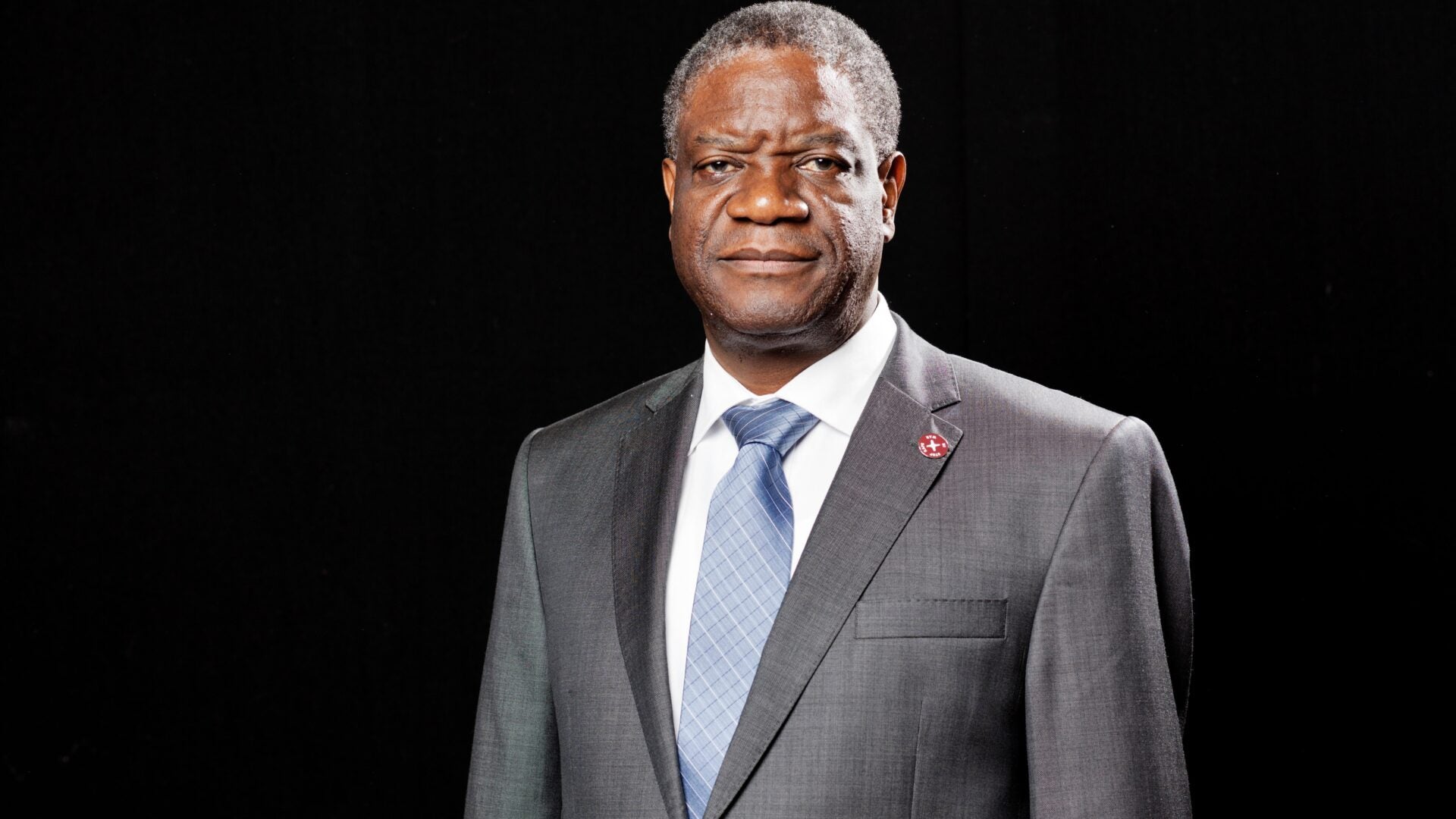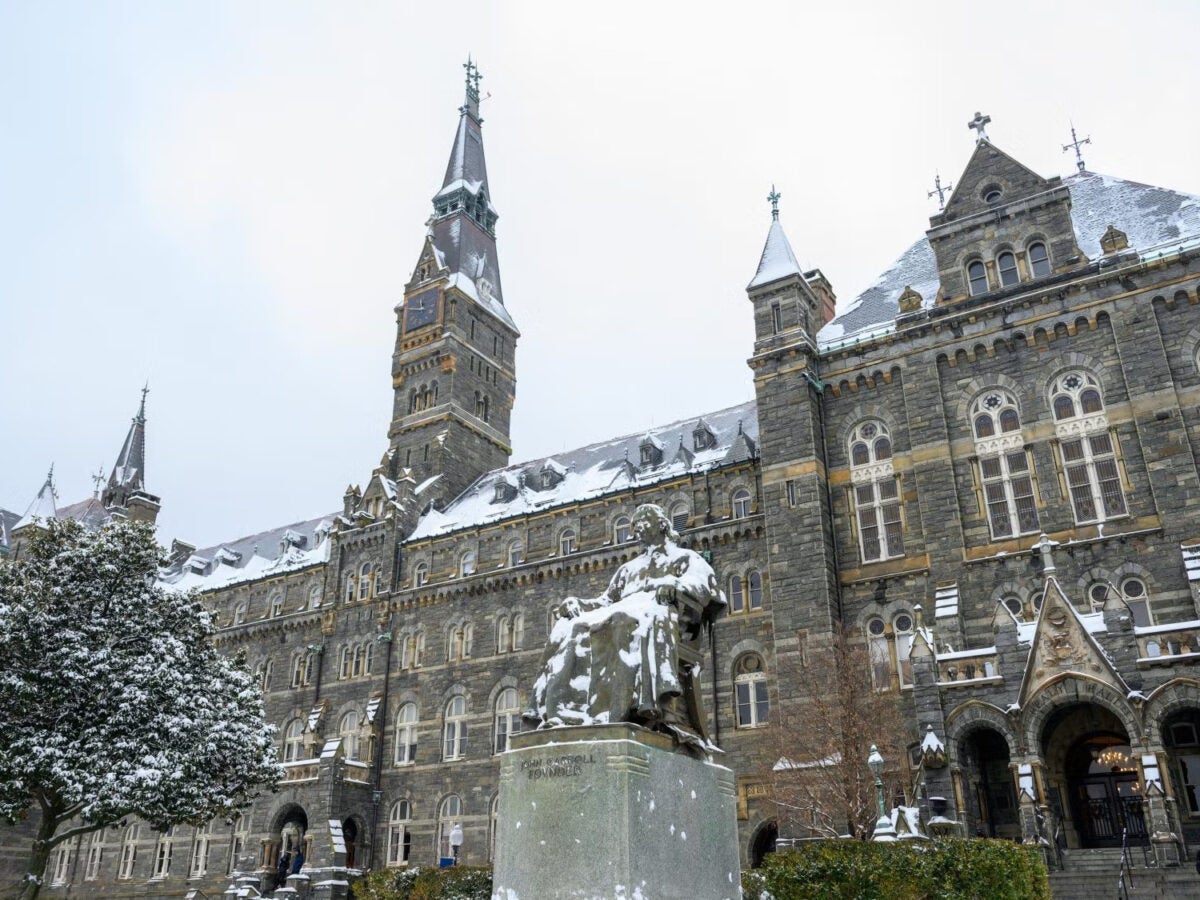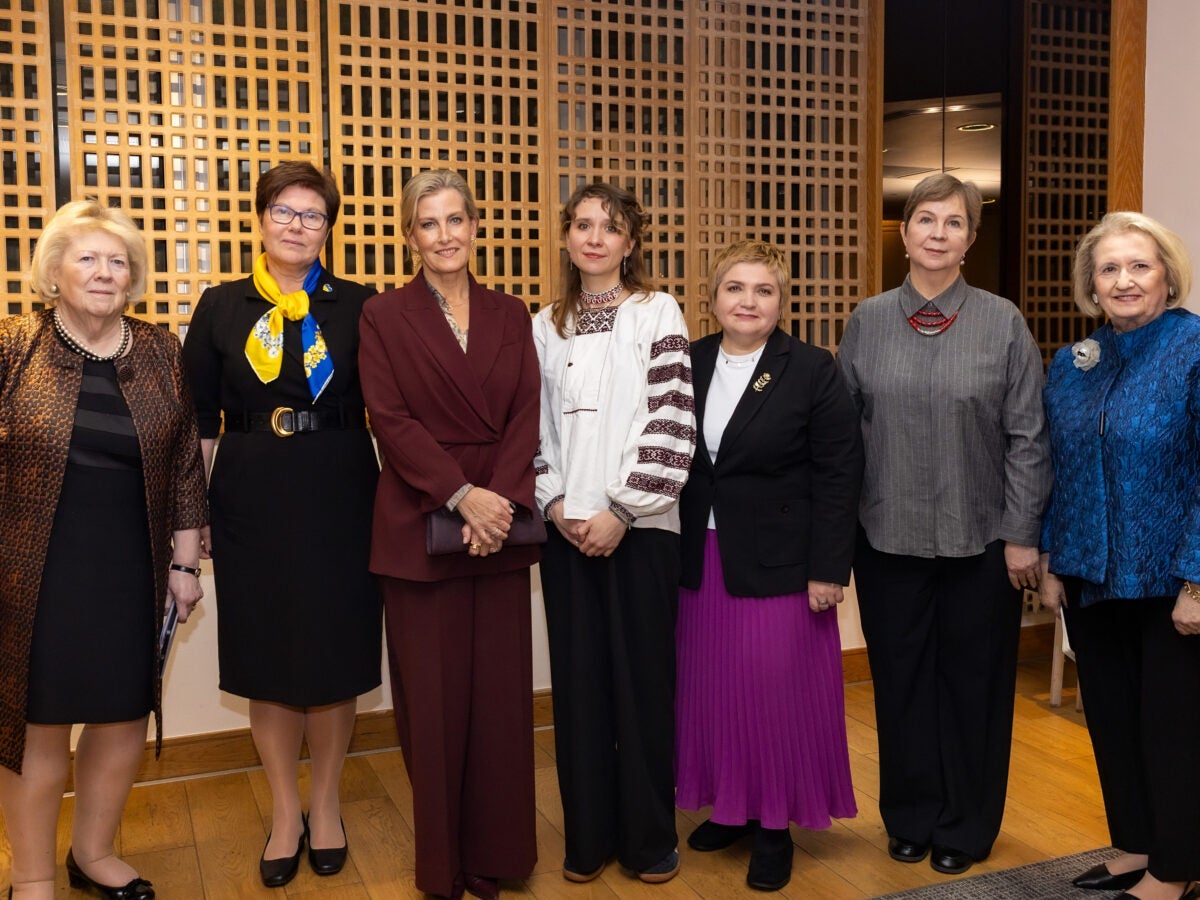The Role of Men in Achieving Gender Equality

As we celebrate the male role models in our personal lives this weekend, we also recognize our male colleagues who are advancing women’s rights and gender equality through their work in diplomacy, defense, development, and academia.
We asked eight male allies of the Women, Peace and Security agenda to tell us about the catalyst for their interest in gender equality, what they’re doing to advance progress for women, and why it’s important for men to be allies in the ongoing effort to bring gender-sensitive solutions to conflict.
We invite you to join our webinar about the role of male allies in peace & security this Wednesday, June 24 at 10:00 ET to continue the conversation.
“What was the catalyst for your interest in gender equality?”
“My deployment to the UN Mission in the Democratic Republic of Congo was for me the catalyst of my interest in the matter. As a Force Commander of UN peacekeeping operations, I saw first-hand the effect that the presence of women could have in building the trust of the community and the positive image and posture of the UN, both paramount to the success of an operation.”
–Major General Patrick Cammaert, Former UN Force Commander for the Eastern Democratic Republic of the Congo
“Contrary to my culture – that looks at women in general as weaker sex – I saw my mother and sisters working hard for a better life, which they successfully earned. [Meanwhile] I saw men – culturally believed to be stronger sex – who gave up and relinquished their responsibilities as fathers of families….I picked my interest in gender equality from this personal experience.”
–Augustin Kimonyo, Gender Specialist, Rwanda Accuracy Development Consult Ltd
“What are you doing to help improve women’s peace and security?”
“I’ve trained soldiers on Gender Based Violence (GBV), Conflict Related Sexual Violence (CRSV), and Sexual Exploitation & Abuse (SEA) before they deploy on their UN peacekeeping missions. This training is not only beneficial to the soldiers while they are deployed on their peacekeeping mission, but also once they redeploy back to their home country.”
–Eric Rudberg, Retired U.S. Army Captain and Peace Support Operations Trainer with the Department of State’s Africa Contingency Operations Training & Assistance program
“My research places gender at the center of studying and understanding peace and conflict because that’s what we need to make progress on preventing, managing, and/or resolving conflicts. In my engagement with policymakers and practitioners I provide the kind of research and evidence that can help them understand this topic better and make meaningful changes.”
– Dr. Robert Nagel, Post-Doctoral Fellow, Georgetown Institute for Women, Peace and Security
“Through my work at GIWPS, I have had the opportunity to help the institute use the power of social media to bring awareness to not only the research we produce, but other causes related to women’s peace and security. Helping women share their stories using social media has been an enlightening and powerful experience for me.”
– Joseph Igoni, Social Media Assistant, Georgetown Institute for Women, Peace and Security
“Why do you think it’s important for men to participate in efforts to promote gender equality?
“Men hold part of the solution—setting an inclusive culture, promoting a zero-tolerance approach to sexual harassment and discrimination, and ensuring equal participation. We have to work together to achieve this.”
– Ambassador Neil Bush, UK Ambassador to the OSCE
“We should do so because it is morally right. And we should do so because greater participation of women at all levels is critical if our institutions—from business and education to religion and government—are to reach their full potential and advance the common good.”
– Dr. Thomas Banchoff, Vice President for Global Engagement, Georgetown University
“I’ve often said if you want to know if your demobilization program is working, don’t talk to the soldiers, talk to the women in the communities they’re going back to. You want to know whether your security sector reform is working? Don’t ask the police, ask the women who are trying to access the police whether they feel comfortable going and identifying a crime that occurred.”
– Ambassador Don Steinberg, Founder of the Mobilizing Men as Partners for Women, Peace and Security Project, Our Secure Future
Explore More

End of Year Reflections
This year has been particularly challenging for peace around the world, with…

“No Amnesty, No Silence:” Ukrainian Women Urge Accountability for War-Time Sexual Violence
Last week, the Georgetown Institute for Women, Peace and Security (GIWPS) brought…
